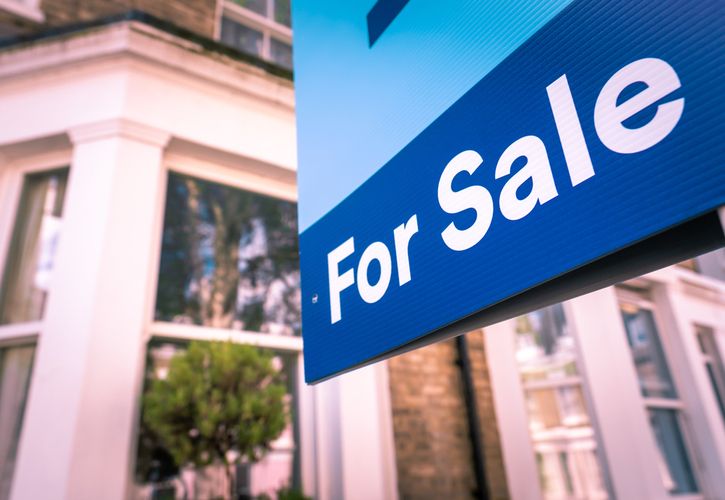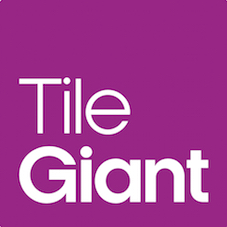UK DIY News
Stamp Duty Changes Spur Panic Among First-Time Buyers And Landlords

- House prices set to fall as Stamp Duty changes spur panic among first-time buyers and landlords alike
- Cornerstone Tax unveils 26% of Brits unable to afford property due to stamp duty costs, while 15% of landlords are selling up amid rising costs
David Hannah, Group Chairman of Cornerstone Tax, discusses the impact of lowering stamp duty thresholds will have on the broader property market
Cornerstone Tax, the UK’s leading property tax experts, has revealed new insights on the growing challenges faced by both first-time buyers and landlords as the government’s decision to reduce stamp duty thresholds comes into effect. From April 2025, the exemption threshold for first-time buyers will be reduced from £425,000 to £300,000, forcing many to pay thousands more in taxes. This rollback has already sparked a surge in property market activity, with estate agents reporting a 25% rise in buyer registrations and a 30% increase in agreed offers compared to the same period last year. However, with 83% of buyers expected to pay stamp duty from April 2025, up from 49% today, these changes are predicted to exacerbate regional disparities and affordability pressures, particularly in areas like the Midlands and Northern England, where 67% of sales fall within the £125,000–£250,000 range.
The financial burden of these changes is already evident, with Cornerstone’s national research unveiling that 26% of Brits are unable to purchase residential or commercial property due to unaffordable stamp duty costs. First-time buyers, who benefitted significantly from the pandemic-era stamp duty holiday, are now facing tax bills of up to £6,205, with the exemption limit falling from £425,000 to £300,000. For many, this represents a significant barrier, and 14% of Brits have turned to short-term loans or emergency credit to cover unexpected stamp duty bills. Meanwhile, rising mortgage rates - climbing from 3.68% to 4.14% for five-year fixed-rate deals - are further compounding affordability issues. Landlords are also struggling under rising costs, with 15% now selling their properties as tax pressures make it increasingly difficult to maintain their portfolios, further straining the availability of rental properties in an already tight housing market.
The Impact on Landlords and First-Time Buyers:
The current tax-free threshold has allowed many buyers to avoid paying significant stamp duty costs, with some first-time buyers facing only £50 in tax today. However, once the thresholds revert in April 2025, the same buyer could be liable for over £2,500 in taxes. This urgency is exacerbated by supply chain delays, with legal and conveyancing bottlenecks adding further pressure to complete transactions by the deadline.
The looming changes include lowering the stamp duty exemption threshold for first-time buyers from £425,000 to £300,000 and raising the surcharge for second homes and buy-to-let properties to 5%. These measures are expected to raise billions in tax revenue but have triggered widespread concerns:
- First-time buyers: Around 20% of first-time buyers will now become liable for stamp duty for the first time. Many face additional costs exceeding £11,000, forcing some to take out emergency loans or forego purchasing altogether.
- Landlords: The buy-to-let market is under severe strain, with landlords facing an average surcharge of £20,957 on second properties from April – a 71% increase since the October announcement. This has prompted many to sell their portfolios, threatening the availability of rental properties.
With stamp duty receipts expected to nearly double to £18.1 billion by 2030, the government hopes to free up 130,000 properties for first-time buyers by reducing demand from landlords and investors. However, analysts warn that these measures could destabilise the market. Recent data from Hamptons reveals that nine in ten movers will face stamp duty bills under the revised system, up from just half under the current thresholds.
David Hannah, Group Chairman of Cornerstone Tax, commented:
“SDLT payment bands have been long overdue for an overhaul as they have never been index-linked to house price inflation. An increase in these thresholds would stimulate activity at the lower end of the property market and allow first-time buyers to reduce the amount they need to borrow, thus improving their affordability calculations.
“Furthermore, creating an exemption for pensioners would allow more Brits to downsize freeing up homes for those wishing to get onto the property market.
“As we all know, a rising tide lifts all boats, those looking to purchase properties on the mid-to-high end of the property market will now have a chance to sell their low-end properties as a result of the increase in demand from prospective buyers, contributing to further momentum within the housing market.”
Source : Cornerstone Tax
Image : William Barton / shutterstock / 1787318480
Thank you for the excellent presentation that you gave at Woodbury Park on Thursday morning. It was very interesting and thought-provoking for our Retail members. The feedback has been excellent.











































